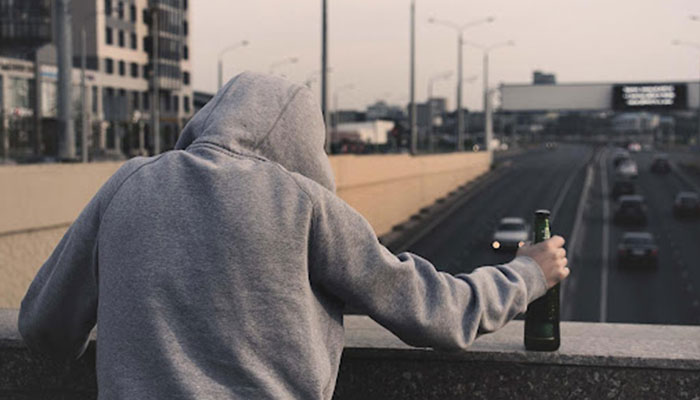When you enter rehab for drug addiction, your first day will consist of several things, key among them are your intake, settling in, knowing your way around, and knowing what everyone expects of you.
You will also go through an interview with questions about your addiction as well as treatment. During this stage, you need to ensure that you are honest with each question and do everything that is asked of you.
However, this stage is not for the faint-hearted! It will be emotionally difficult for most patients because of how difficult it can be for them to recover from addiction. You might also go through other feelings such as sadness, anger, or even fear.┬Ā
That notwithstanding, what should you expect when you enter rehab for drug addiction?
Checking In
Your journey to recovery starts from the time you enter rehab for drug addiction. At this stage, you will be asked a lot of questions concerning your addiction and health.┬Ā
After that, you will be required to go through medical detox. This is a requirement to get you ready both physically and mentally for the recovery process.
After completing the detox process, you will go through different kinds of therapy, such as family and behavioral therapy as well as education sessions that are tailored to help you overcome drug addiction.
The best rehabilitation centers have curated amazing programs that ensure that the journey to recovery starts immediately after a patient checks in. The staff learns about you at this stage, including the nature of your addiction as well as any other underlying conditions.
This way, they can come up with a customized treatment option that is tailored to meet the demands and nature of your addiction – including psychiatric and physical needs.
Withdrawal and Detox
Withdrawal and detox are among the most challenging parts of rehabilitation.┬Ā
Unfortunately, it is the first thing you will go through when you enter rehab and start treatment. Withdrawal from a drug you are addicted to, such as alcohol, can lead to dangerous and uncomfortable psychological and physical symptoms.
Some of the most common physical symptoms include headache, nausea, shakiness, seizures, fever, sweating, irregular or rapid heartbeat, and clamminess. Psychological symptoms include hallucinations, agitation, mood swings, nightmares and insomnia, depression, and anxiety.
Of all these symptoms, you need to be very careful with hallucinations, seizures, and fever. They are very common in people who are going through thorough addiction withdrawal.┬Ā
These people go through a life-threatening reaction known as Delirium Tremens (DTs).
Fortunately, medical detox in a drug rehab center can be used to manage all the symptoms discussed above.┬Ā
You will also get medical professionals who might prescribe medications or take you through other forms of treatment to ease the pain brought by these symptoms or ease the process of detoxification.
Treatment and Therapy
After completing therapy, the next stage is detox. However, depending on the nature of your addiction, therapy might start during detox.┬Ā
There are different forms of therapy, such as couples or family therapy, individual therapy, and group therapy. You might also be involved in workshops to make you ready for life after recovery.
Behavioral therapy is one of the most common forms of therapy that you will go through. This form of therapy is made to help you understand the things that trigger your drug abuse behavior.┬Ā
It plays a vital role when it comes to helping you build skills that help you beat those triggers.
Education on the Aftercare
You will also be educated on things regarding addiction, relapses, and how to effectively return to a normal life after treatment and recovery.┬Ā
The truth is that transitioning to life after treatment is not easy and is one of the stages where people go back to the lives they are running away from.
Fortunately, with the right support and preparation, you will find the transition easy for you.┬Ā
At this stage, your rehabilitation center will teach you about or rather let you know about resources in your community that support people like yourself.
You will also be taught about strategies and the things you should do or not do to ensure that you do not relapse after leaving the rehabilitation center.┬Ā
You might also be referred to support groups such as AA (Alcoholics Anonymous) and other social networks to help you recover completely.
Rehabilitation centers play a vital role in helping people recover from drug addiction. It is, however, important to understand what to expect when you enter rehab for drug addiction.


















